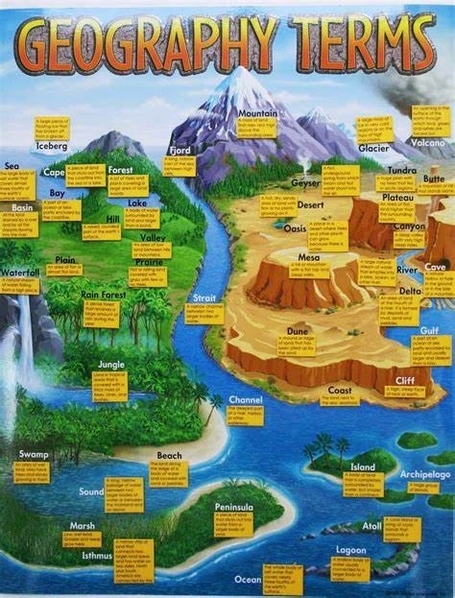
Geoy Termsgeoy Vocabulary is not a common or well-defined term in geography or related fields. However, based on the web search results, it could be interpreted as a general term for the vocabulary or terminology used in geospatial sciences, such as geography, geology, cartography, geodesy, and geomatics. Geospatial sciences are concerned with the study of the Earth and its features, phenomena, and processes, as well as the methods and technologies for collecting, analyzing, and visualizing geospatial data.
Geoy Termsgeoy Vocabulary could include words and concepts that describe the spatial dimension, topographical features, natural resources, and environmental conditions of the Earth, as well as the cultural, political, and economic aspects of human geography. Some examples of Geoy Termsgeoy Vocabulary are:
– Abrasion: The wearing away of the surface of rocks, soil, or other materials by the action of water, wind, ice, or gravity.
– Archipelago: A group or chain of islands, often volcanic in origin, surrounded by water.
– Cartography: The science and art of making maps, charts, and other representations of the Earth or a part of it.
– Delta: A landform created by the deposition of sediment at the mouth of a river, where it flows into a larger body of water, forming a fan-shaped or triangular area.
– Equator: An imaginary line around the Earth, equally distant from the North and South Poles, dividing the Earth into two hemispheres. It is also the line of zero degrees latitude.
– Fault: A fracture or zone of fractures in the Earth’s crust, along which movement or displacement of rocks has occurred or may occur.
– Glacier: A large mass of ice that
